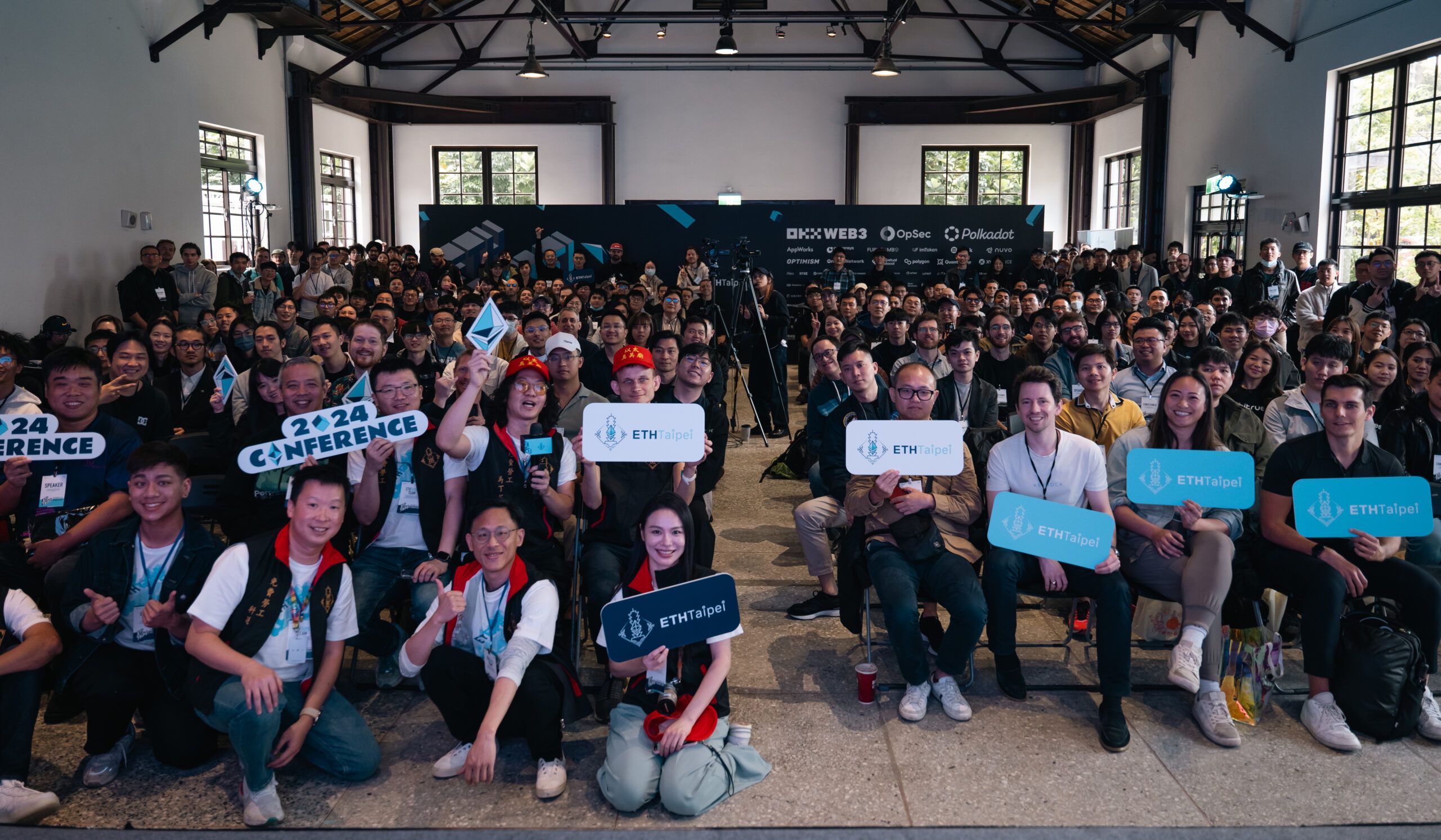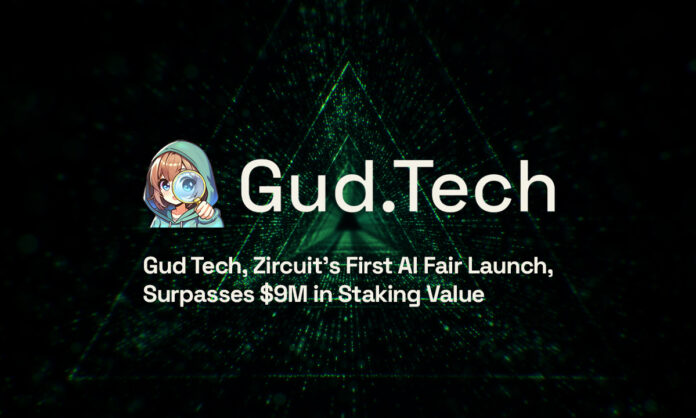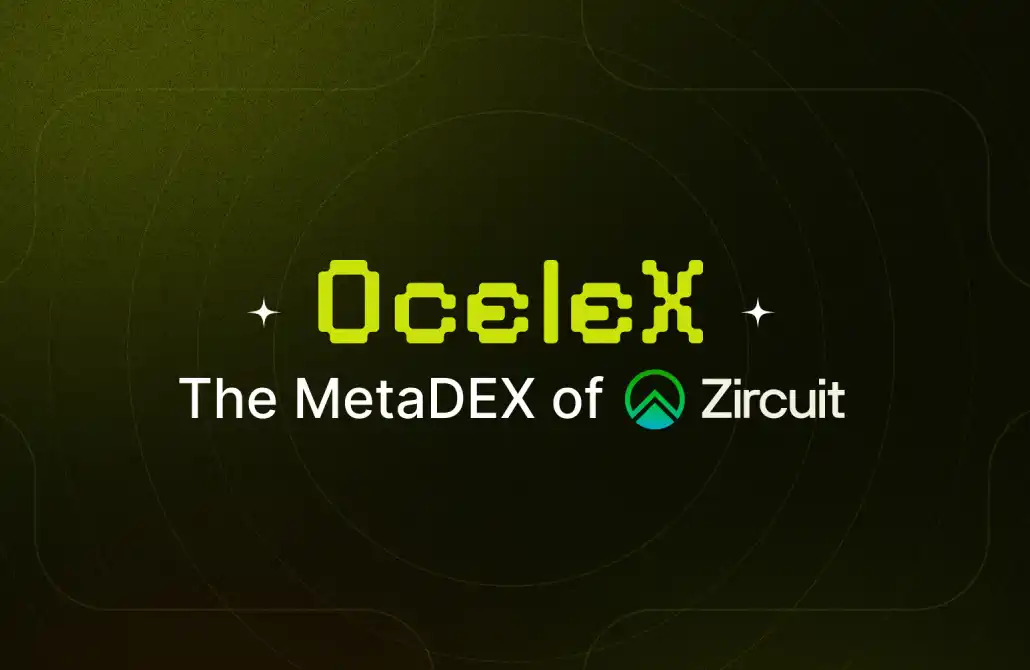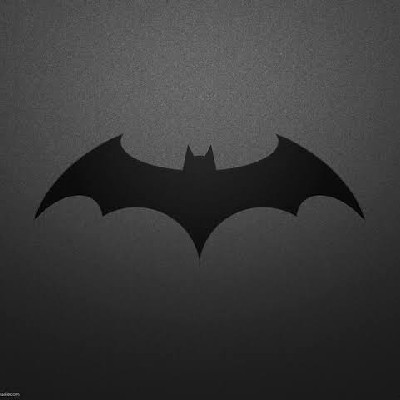
Coin-related
Price calculator
Price history
Price prediction
Technical analysis
Coin buying guide
Crypto category
Profit calculator

Zircuit priceZRC
How do you feel about Zircuit today?
Price of Zircuit today
What is the highest price of ZRC?
What is the lowest price of ZRC?
Zircuit price prediction
When is a good time to buy ZRC? Should I buy or sell ZRC now?
What will the price of ZRC be in 2026?
What will the price of ZRC be in 2031?
Zircuit price history (USD)
 Lowest price
Lowest price Highest price
Highest price 
Zircuit market information
Zircuit's market cap history
Zircuit market
Zircuit holdings by concentration
Zircuit addresses by time held

Zircuit ratings
About Zircuit (ZRC)
What Is Zircuit?
Zircuit is an EVM-compatible, zero-knowledge rollup platform designed to provide scalability, security, and lower transaction costs in the blockchain ecosystem. By integrating Ethereum Virtual Machine (EVM) compatibility, Zircuit enables developers to deploy decentralized applications (dApps) on its network without additional programming or development frameworks, leveraging the existing Ethereum ecosystem for ease of adoption. Built on Ethereum’s Layer 2, Zircuit aims to improve transaction efficiency and data security while ensuring compatibility with Ethereum’s infrastructure.
With zero-knowledge (zk) proof technology and a layered security approach, Zircuit positions itself as a platform suitable for various decentralized finance (DeFi) applications, non-fungible tokens (NFTs), and blockchain-based gaming solutions. It offers faster transactions and additional security features, which can appeal to developers and users looking for a cost-effective alternative to Ethereum’s main network.
How Zircuit Works
Zircuit’s framework incorporates Ethereum-compatible infrastructure with zk proofs to create a hybrid rollup solution. This approach balances transaction speed and cost savings with the data integrity expected in blockchain applications. Key components of Zircuit’s operation include:
-
Transaction Processing and Sequencer-Level Security: At the core of Zircuit’s design is its Sequencer, a component responsible for organizing and processing transactions. For each batch of transactions, zk proofs are generated, which validate the correctness of all included transactions. Zircuit implements Sequencer-Level Security (SLS), a security measure that screens transactions for potential risks before they are confirmed on the blockchain. Suspicious transactions are quarantined, undergoing further checks before they are either accepted or permanently removed from the platform.
-
Fee Structure: Zircuit’s transaction fees are structured in two parts: the Execution Gas Fee and the L1 Data Fee. The Execution Gas Fee follows Ethereum’s EIP-1559 standard, allowing users to set a base fee with an optional priority fee for faster processing. The L1 Data Fee, unique to Zircuit, accounts for the cost of storing transaction data on Ethereum’s Layer 1, ensuring data accessibility and verifiability. This two-part structure aims to optimize costs for users while maintaining data security.
-
Bridge Throttling for Enhanced Security: To manage risk on cross-chain transactions, Zircuit employs bridge throttling on its canonical bridge, a mechanism that limits the rate of deposits and withdrawals. This throttling reduces the chances of potential exploits from high transaction volumes, adding an extra layer of security for users moving assets between Ethereum and Zircuit. Throttling limits may change based on network conditions and will eventually be lifted as the network matures.
-
Supported Transaction Types: Zircuit supports a range of Ethereum-compatible transaction types, including EIP-155 (Chain ID transactions), EIP-2930 (Access List transactions), and EIP-1559 transactions for optimized gas management. These standards allow users to choose transaction parameters that balance cost with processing speed, especially during high network activity.
What Is the ZRC Token Used For?
The ZRC token serves as a utility token in the Zircuit ecosystem, designed to support platform engagement, staking, and reward programs. Although Zircuit primarily relies on ETH for transaction fees, ZRC plays a role in incentivizing active community involvement and supporting the network’s long-term sustainability.
A portion of ZRC tokens is allocated for community rewards and airdrops, providing incentives for early adopters and active users. The token also enables participation in staking programs, allowing holders to earn rewards and contribute to network security. By encouraging active participation, ZRC aims to foster a supportive ecosystem that can help expand the platform’s user base and incentivize ongoing developer contributions.
For investors and participants exploring Layer 2 blockchain solutions, Zircuit presents an EVM-compatible platform with a layered security approach, zk proof integration, and scalability designed for applications in DeFi, NFTs, and beyond.
ZRC to local currency
- 1
- 2
- 3
- 4
- 5
How to buy Zircuit(ZRC)

Create Your Free Bitget Account

Verify Your Account

Convert Zircuit to ZRC
Trade ZRC perpetual futures
After having successfully signed up on Bitget and purchased USDT or ZRC tokens, you can start trading derivatives, including ZRC futures and margin trading to increase your income.
The current price of ZRC is $0.02591, with a 24h price change of +5.16%. Traders can profit by either going long or short onZRC futures.
Join ZRC copy trading by following elite traders.
Zircuit news

Taipei, March 5, 2025 – ETHTaipei 2025, the flagship annual gathering of the Ethereum ecosystem, will take place at POPOP Taipei in April 2025. This year, ETHTaipei joins forces with the internationally renowned hackathon organizer ETHGlobal to create a series of events featuring two days of conferences and three days of hackathons. Adding to the … <a href="https://beincrypto.com/ethtaipei-2025-partners-with-ethglobal-vitalik-buterin-to-deliver-keynote/">Continued</a>

Exploring This Week’s Biggest Crypto Collaborations and Their Impact on Web3 Innovation



Ocelex aims to become a key player in DeFi activity on the Layer 2 network by combining Lynex's successful experience with Zircuit's technological advantage.
New listings on Bitget
Buy more
FAQ
What is the current price of Zircuit?
What is the 24 hour trading volume of Zircuit?
What is the all-time high of Zircuit?
Can I buy Zircuit on Bitget?
Can I get a steady income from investing in Zircuit?
Where can I buy Zircuit with the lowest fee?
Where can I buy Zircuit (ZRC)?
Video section — quick verification, quick trading

ZRC resources
Tags:
Bitget Insights

Related assets


































